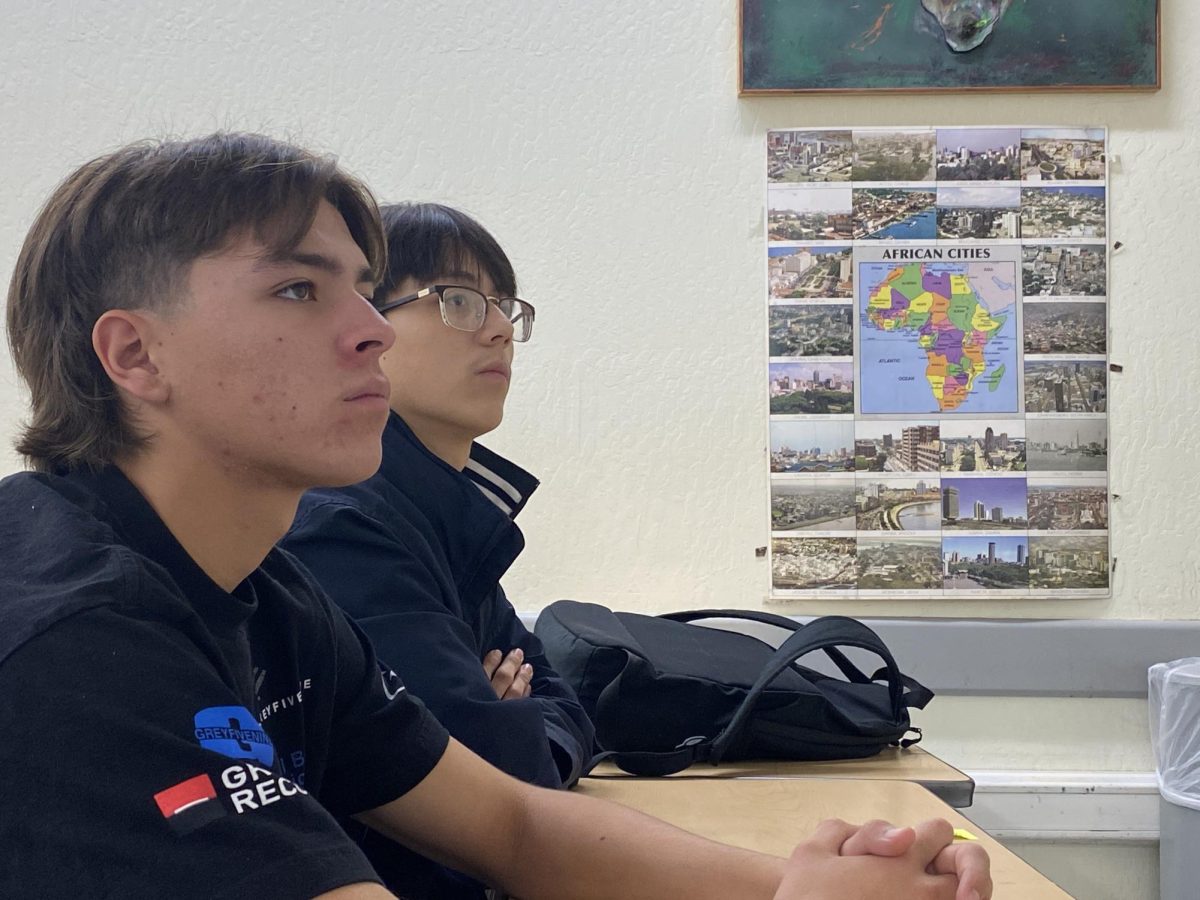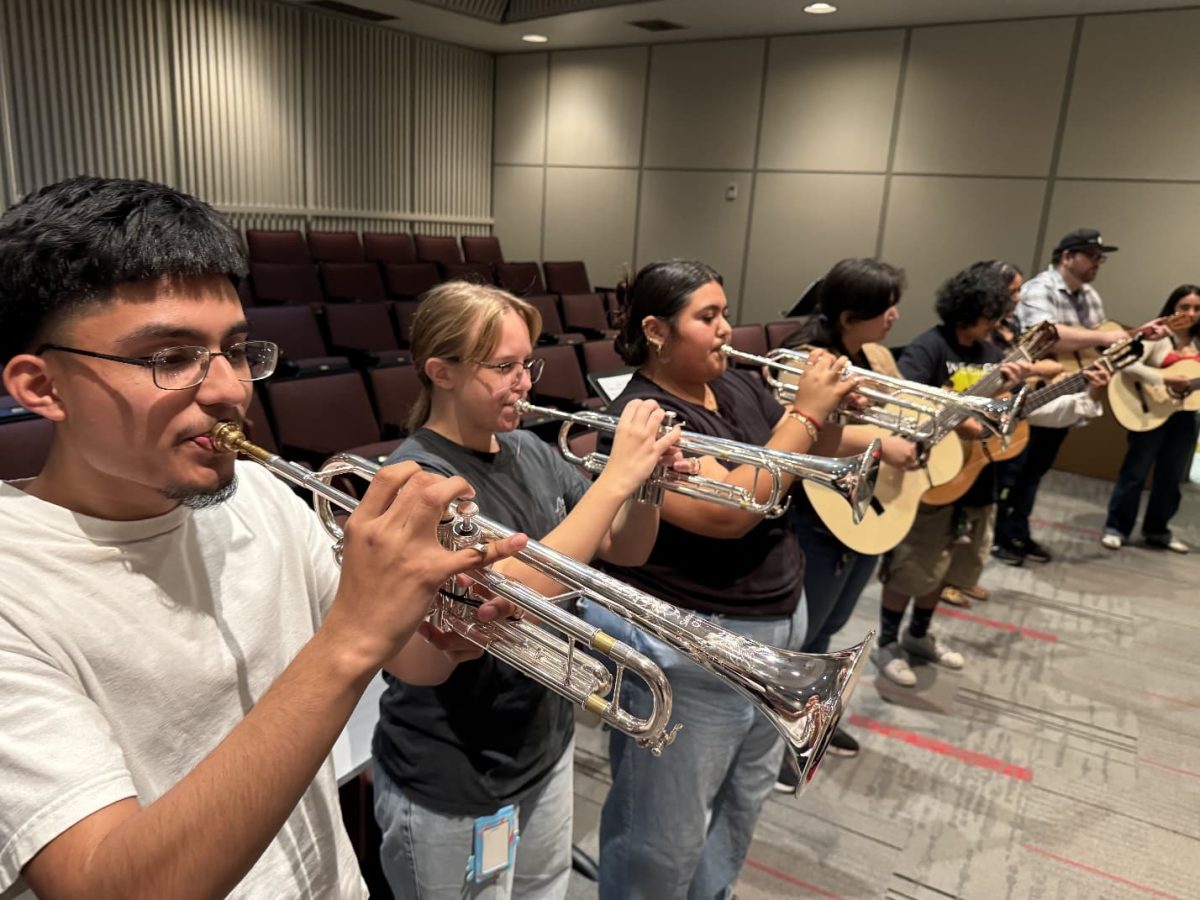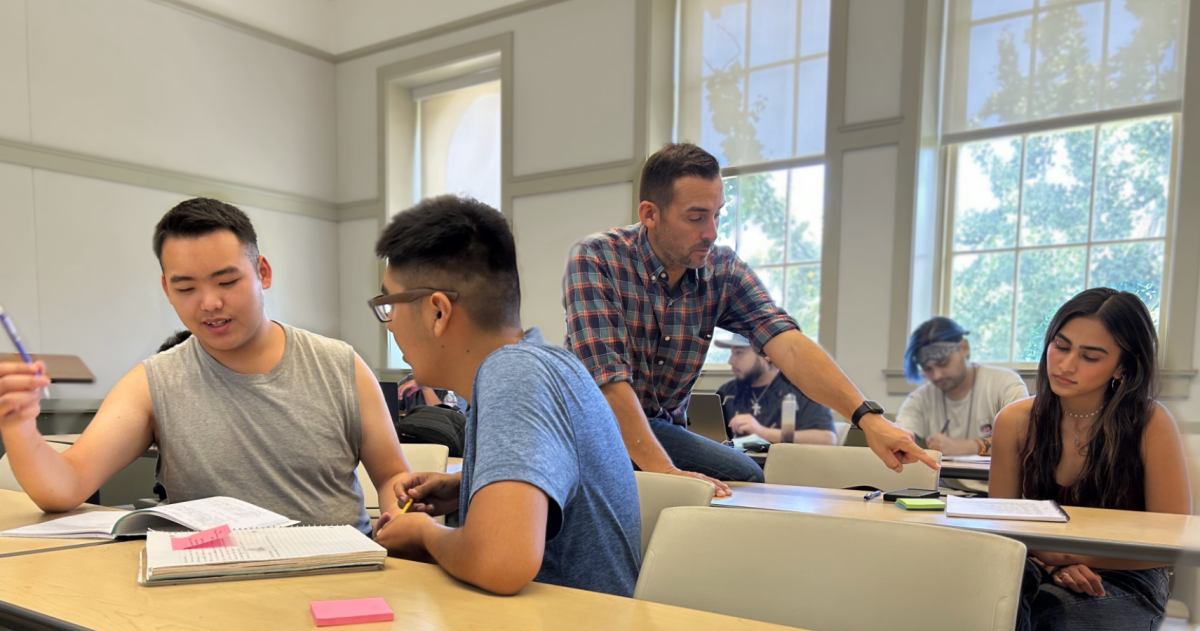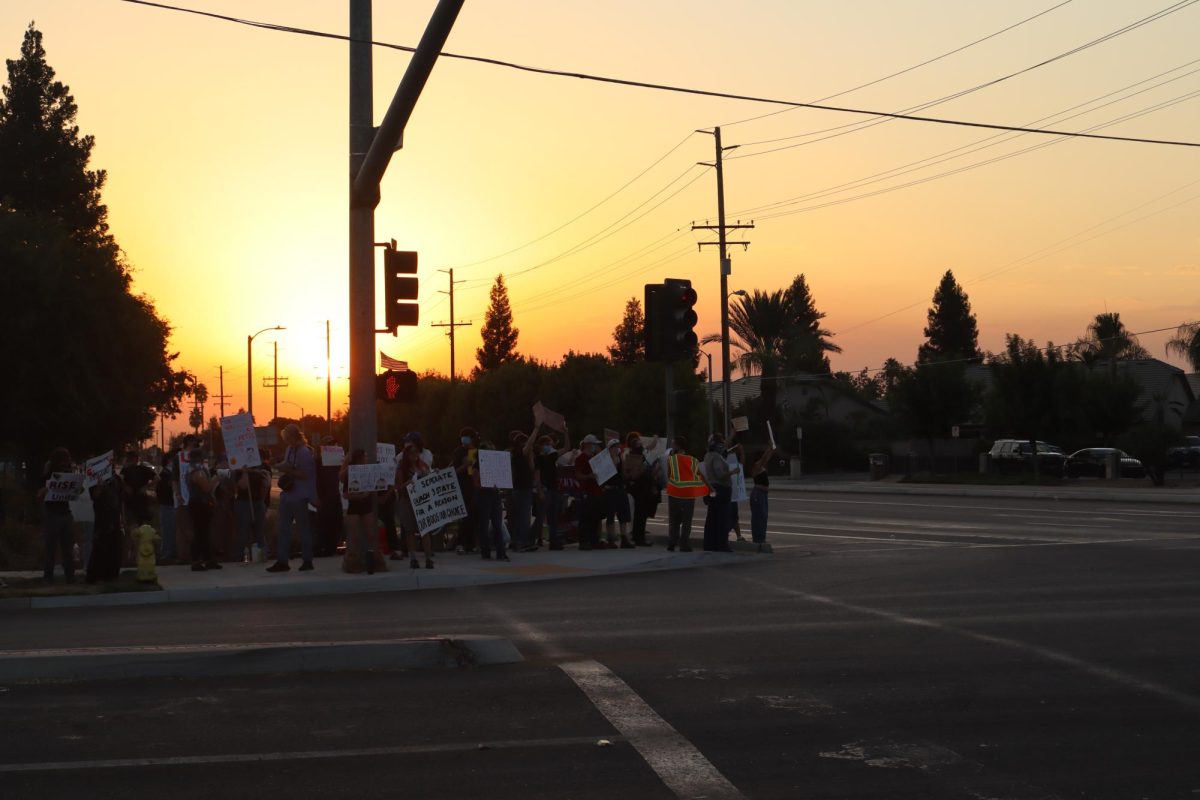As ethnic studies courses become mandatory across California colleges, Fresno City College students express appreciation for the many subjects offered.
Students agree that the push to enforce this curriculum is a great idea, as it allows more people to expand their horizons.
Roseanna Montoya is a business administration major who believes that the benefits of taking any ethnic studies class are universal. “
Whether you’re taking a class based on your own ethnicity or not, it’s always good to learn about others,” Montoya said. “Ignorance is not bliss.”
Students can choose courses from several different ethnic disciplines; Asian American, Chicano-Latino, African American, and Native American studies all have introductory and advanced courses offered. There is also ethnic studies, a generalized course that covers the fundamentals of the other disciplines.
Students have misunderstood Intro to Ethnic Studies (ETHNST-10) before in terms of what the course offers. Juliana Alcala, an anthropology major who is taking the class, challenges these misconceptions.
“People have a misinterpretation that ethnic studies is going to be focusing on the victimization of ethnic groups. I think that it does the opposite of that, but really shows how different ethnic groups face obstacles, and how they overcome and persevere, and how they make the best and create tools out of what they have or the obstacles that they face,” Alcala said.
Kyegnai Nutt is a sociology and communications major who has taken multiple African American studies courses and has used the overlapping knowledge to create a more complete understanding of the history of America.
“The conversations of this class [AFRAM-10] have really helped me accept colonization. And in my ethnic studies class, plus my English class, they were talking about it too,” Nutt said. “These are three different classes and everything that these professors are discussing are lined with each other.”
While the course material is beneficial, some may believe that not enough is done to stay engaged.
The Introduction to African American Studies class is popular among its students, but there is room for improvement, according to Leonel Tapia, a criminology major enrolled in the class.
“All around, I think the class is pretty good, but I think it needs a little more content. There are some weeks where we just watch more videos, but if there were more activities or things we could be involved in, I feel like I’d be able to go to class more,” Tapia said.
As a student in the same class, it’s important to note that there have been no guest speakers or trips outside of class. The singular perspective by an admittedly experienced professor can be considered limiting.
Mason Medina, a history major in the same class, appreciates the stripped-back conversational structure of the course.
“What separates African American Studies is just the way we talk on a regular basis in the class,” Medina said. “No matter what your view is, I feel very comfortable there, and I really like how our professor lets us express how we’re feeling about certain topics. That’s what I like probably the most.”
Intro to Asian American Studies is a class that covers a wide range of Asian cultures. As a veteran and a father of Hmong children, Ramon Colmenero III has valued the class. Colmenero has taken ethnic studies classes around the globe but appreciates the elaborate nature of this one.
“My children are half Hmong, and I’d like to learn more about the history in depth, so I talked to my children about some of the Asian cultures and struggles, and I’m satisfied that I could provide information to them,” Colmenero said. “There’s nothing that I’ve taken in California that covers all of that, whereas this class covers the majority of the entire continent of Asia. And it’s really nice to be able to grasp that full concept.”
In each course, important historical lessons are learned, and the modern-day parallels to dark moments of history can be difficult to reconcile with. Hnue Yang is an English major in the same Asian American studies class who has used the course to prepare herself with knowledge to fight prejudice.
“Learning how refugees were treated, and how that continues to be an issue today is eye-opening, how things are kind of the same, gotten better, but still the same,” Yang said. “My parents are refugees, so learning the history of what actually happened versus what my parents know is helpful.”
Amidst the election controversy, the classes have reinforced the importance of staying educated. They act as a safe space for a diverse group of students. “We’ve been in such a political year, and I think that it was nice to have a place where the marginalized communities weren’t talked about as, like, scapegoats or weren’t spoken about in a negative light,” Alcala said.








